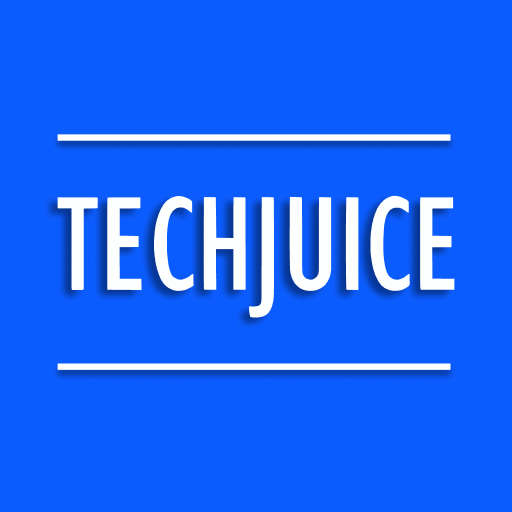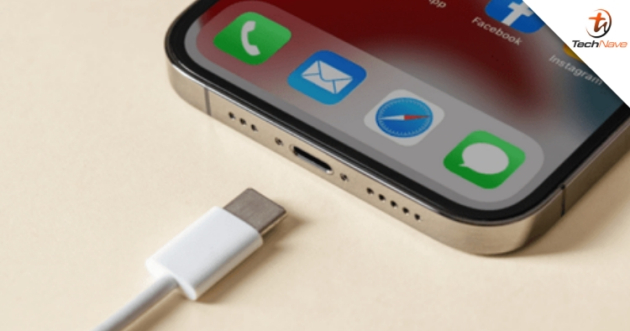

iPhone 15 series will reportedly be the one to finally replace the Lightning port with a USB-C one. But it seems that once again Apple might have found a way to limit the people to only buy and use Apple’s original cable products, and restrict the type of chargers/charging cables owners would be able to use.
In compliance with EU law, Apple is widely expected to add a USB-C port to this year’s iPhone 15 lineup, replacing the proprietary Lightning port. However, just because the iPhone has the same connector as other products, it does not necessarily mean that all features of the port will be available to every accessory or charger you plug into it.
According to a claim from a user on Weibo, Apple has developed a Lightning-compatible integrated circuit board that will be used in tandem with the USB-C port on the iPhone 15.
Integrated circuit (IC) interfaces are semiconductor chips used to manage the sharing of information between devices. Since their introduction in 2012, first-party and MFi-certified Lightning ports and connectors contain a small IC that confirms the authenticity of the parts involved in the connection.
Non-MFi-certified third-party charging cables, for example, do not feature this chip, often leading to “This accessory is not supported” warnings on connected Apple devices.
This suggests that firmware will limit exactly how the USB-C port interacts with what is plugged into it. This could possibly mean that Apple retains a fully proprietary Made-for-iPhone Lightning ecosystem, even though the physical connector shape has changed.
But, Apple has earned the benefit of the doubt here. The USB-C port on the iPad, Apple TV remote, or Thunderbolt ports on Apple’s various Macs are not restricted to Apple-certified accessories only.
The latest rumor seems to suggest that Apple has developed a similar custom IC for the USB-C ports on the iPhone 15 and iPhone 15 Pro, and presumably its charging cables. As well as the iPhone 15 lineup, the new IC is apparently destined for new MFi-certified peripherals.
If the rumor is accurate at all, what is more, likely is that the iPhone’s port will support basic features like normal speed charging with any standard USB-C cable. But some additional features, like high-speed data transfer or high-wattage fast charging, are only available to certified cables and peripherals.
The purpose may even be more benign. The Lightning circuit board could play a role in backward compatibility, allowing the millions of existing Lightning accessories to still work with the iPhone 15, via the use of an adapter.
The iPhone 15 will be officially announced by Apple in the fall, probably at a media event in September. According to the latest rumors, the cheaper iPhone 15 and iPhone 15 Plus will have a standard USB-C port with USB-2 data transfer speeds. The higher-end iPhone 15 Pro and iPhone 15 Pro Max will support Thunderbolt 3 over USB-C, enabling fast data transfer and 4K display-out capabilities.
Read More:
The Pakistan Business Council (PBC) has urged the Federal Board of Revenue (FBR) to introduce…
Elon Musk’s AI company, xAI, has come under scrutiny following reports that its latest flagship…
Yope, a photo-sharing app designed for private groups, is rapidly gaining traction among Gen Z…
ISLAMABAD: The Senate Standing Committee on Commerce, chaired by Senator Anusha Rahman, convened on Monday…
A senior Thai official announced on Sunday that authorities rescued 215 foreign nationals in a…
KARACHI: PepsiCo Pakistan is taking a major step toward localization and self-reliance in the country's…